



livbio is an organic clothing company, based in India, committed to change the way the textile industry functions. We make 100% Eco Friendly Clothing using organic cotton and dyed with rich natural herbs. We believe in offering end to end solutions to our clients, by implementing fair trade means for our farmers, suppliers, customers and environment.
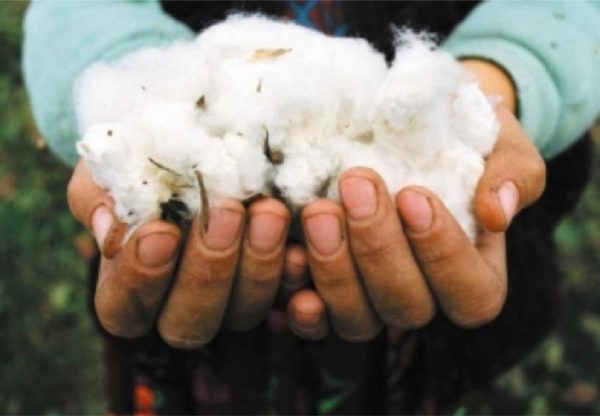
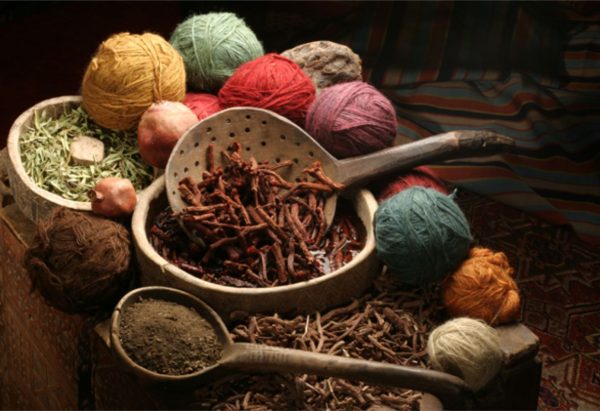
Organic Cotton is produced without the use of synthetic fertilizers or pesticides. The farmers use ingredients like Neem oil and agricultural wastes along with implementing natural methods like crop rotation, hand weeding, etc, which are completely harmless to the environment and to the people involved in the process of producing it. Using Organic Cotton saves more than 218 billion litres of water every year without impacting the biodiversity of the neighbouring areas. India manufactures 95% of organic cotton in the world. Hence we feel the urge to encourage people to support organic clothing to promote healthy environment.
Natural Dyeing is a Process of colouring fabrics using herbs like Turmeric, Madder, Pomegranate, indigo, etc that have multiple benefits for the human health and environment. The use of plants with medicinal and colouring properties is one of the most valuable gifts our ancestors have left us. We at livbio are committed to bring together these ancient methodologies with modern industrial techniques to create a sustainable manufacturing process.
In the last 20 years the production of clothing has increased by 60%. The process of such mass production has come at the cost of human health, environmental pollution and degradation of standards of living of labourers involved. We have identified the major issues of the entire supply chain process of textile industry that need immediate attention.

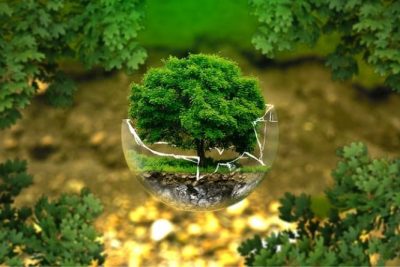


In the last 20 years the production of clothing has increased by 60%. The process of such mass production has come at the cost of human health, environmental pollution and degradation of standards of living of labourers involved. We have identified the major issues of the entire supply chain process of textile industry that need immediate attention.
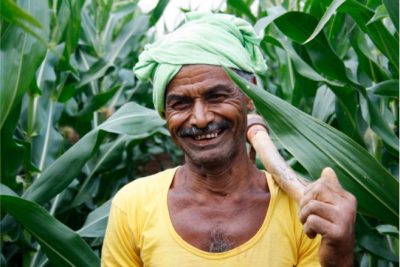
Buying clothing made out of organic cotton, would inspire more and more farmers to indulge in cultivation of it. This would protect the farmers from the health hazards of growing genetically modified cotton. The process will also make the land more fertile than before and help the farmers grow other crops in the Rabi season. At livbio we will ensure that fair wages are given to the farmers who are associated with us. In an effort to improve their living conditions as well as towards their education, we will also contribute 5% of our total revenue as our social responsibility.
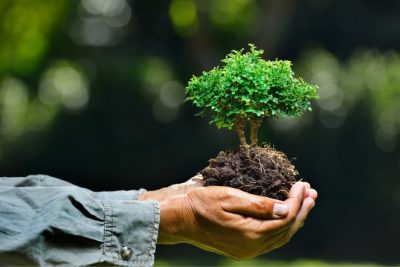
Buying Clothes created from organic cotton would help us to control carbon emission levels. It will also improve the water quality of rivers in cities and villages and therefore enhancing the irrigation capabilities of states. Natural dyed clothing can be recycled and is also bio degradable, thus reducing the landfills globally. Organic garments help us protect the biodiversity and are a hope for a better and sustainable future.
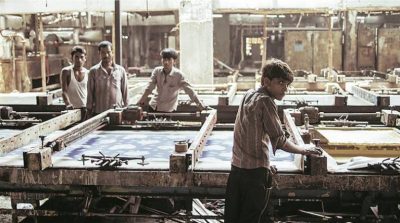
Not only farmers, but we are committed to every person involved in the production process of our Organic Clothing that they are being paid as per fair trade wages. We make sure that we provide a healthy and safe working environment for our supply chain partners. Keeping a philanthropic approach, we would also help these supply chain partners in revamping their interest in extracting more out the clothing industries.

The herbs used in our natural dyeing process are therapeutic to the eye, mind and body; they make the clothes extra soft, smooth and good for transpiration. We follow a complete transparency system for the know-how of our clients regarding the dyes used, information on how our products were created and the benefits provided to our supply chain partners. Organic clothing would also stay with the end customers for a longer time, helping them save more and in return preventing them from producing lesser pollution.
Usage of Organic clothing not only improves the environment, but would be your method of giving back to the society. We offer Uniforms for schools as well as companies that have s. Uniforms could consists of T-Shirts, Shirts, Trousers, Blazer customized to match requirements of the students/staff or the company or school. Logos could be added as per requirement. Employees at corporate companies can be use livbio’s organic clothing in day-to-day life. It could be become a part of organisation’s attempt to give back to the society.